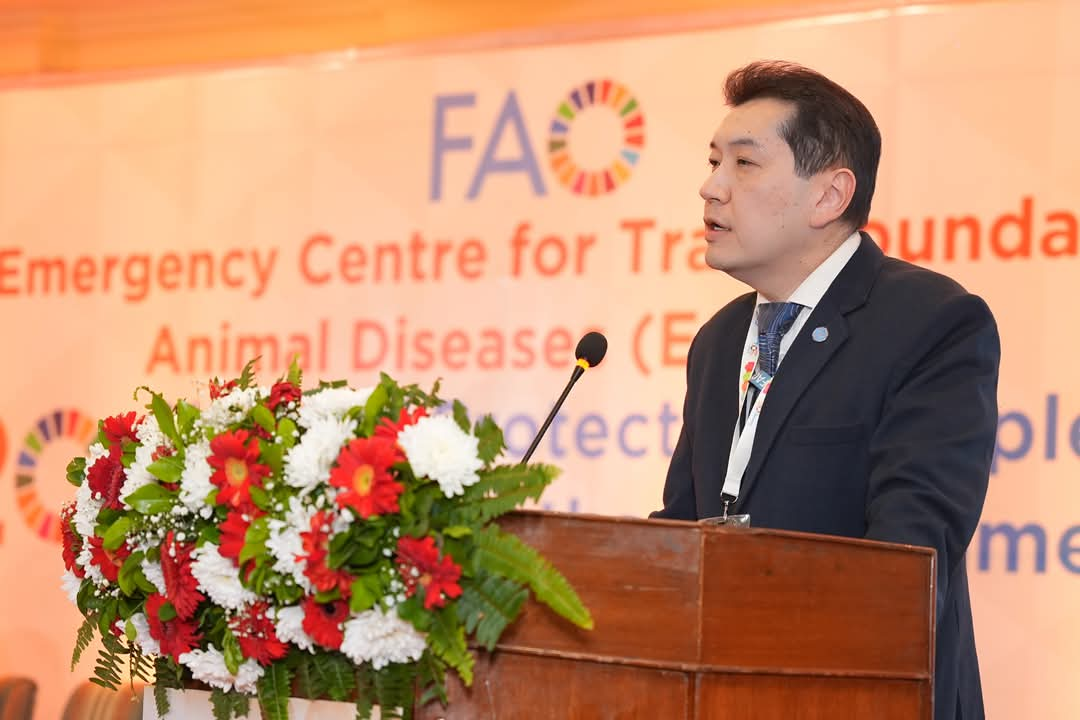The FAO Emergency Centre for Transboundary Animal Diseases (ECTAD) celebrated its 20th anniversary, reflecting on two decades of unwavering commitment to protecting animal health, supporting livelihoods, and fostering sustainable development worldwide.
Since its inception, FAO ECTAD has been at the forefront of mitigating the risks posed by transboundary animal diseases—threats that not only impact livestock but also endanger human health and ecosystems. Through collaborative efforts, ECTAD has worked to improve animal health systems, strengthen disease surveillance, and promote policies that support healthier interactions between animals, humans, and the environment.
In Nepal, #FAOECTAD celebrated this milestone with a renewed pledge to uphold its mission. Over the years, the program has played a pivotal role in Nepal’s agricultural sector, aiding in the prevention and control of diseases such as avian influenza and foot-and-mouth disease. These efforts have safeguarded the livelihoods of countless farmers and protected public health across the country.
As the world faces increasing challenges from zoonotic diseases and the impacts of climate change on agriculture, FAO ECTAD’s work remains more relevant than ever. Its commitment to fostering One Health principles—integrating animal, human, and environmental health—continues to drive progress toward a sustainable future.
The anniversary serves as a testament to FAO ECTAD’s enduring dedication and a reminder of the importance of global collaboration in tackling transboundary threats. As Nepal and other nations join in celebrating this milestone, the focus remains on building resilient systems that ensure the health and prosperity of communities worldwide.
For more updates on FAO ECTAD’s work and its impact in Nepal, visit ecospherenews.com.